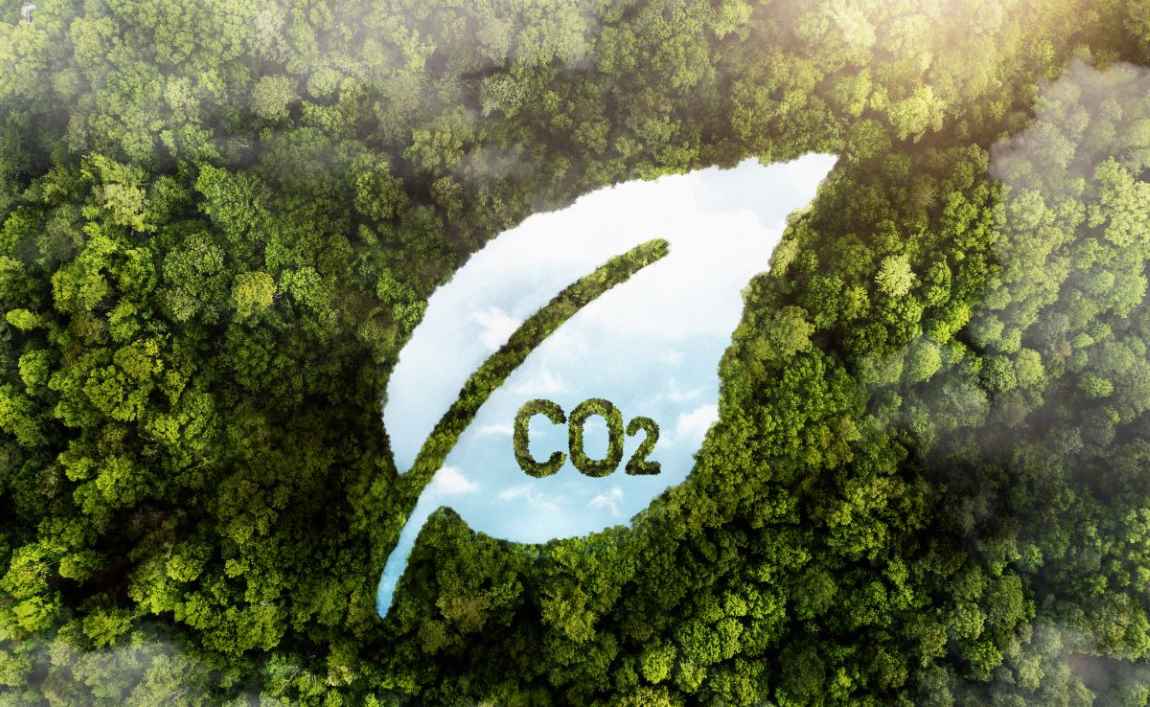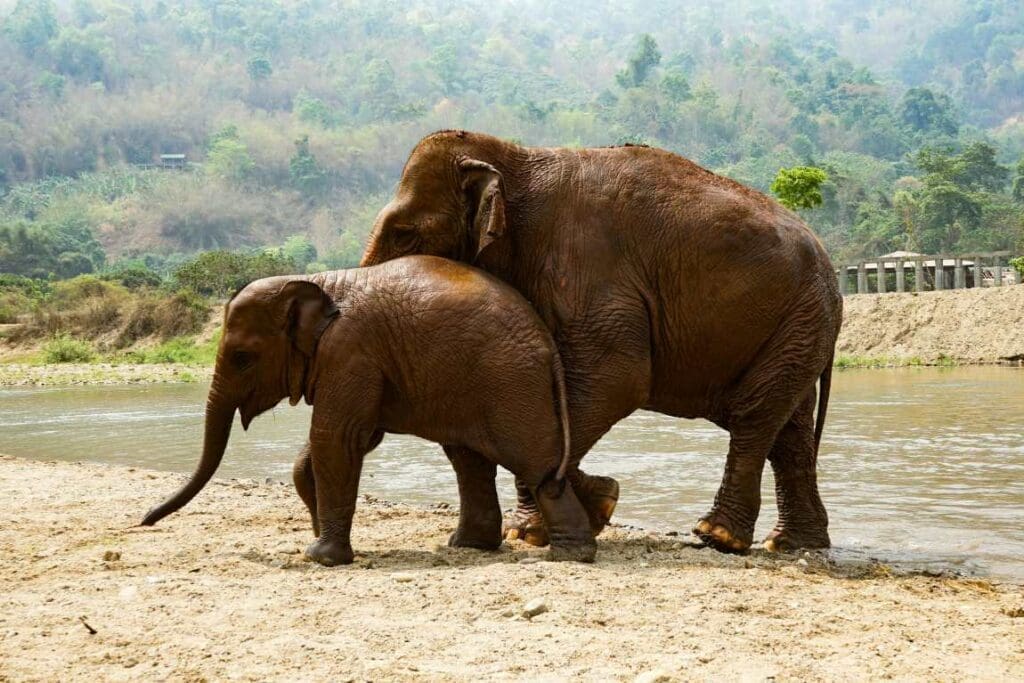By Wiley
Forests absorb carbon by capturing carbon dioxide from the atmosphere, making forest carbon stocks an important resource against climate change. In research published in Ecology and Evolution, investigators examined existing tree regeneration patterns to develop an indicator of potential changes to future carbon stocks across forests in the northeastern and midwestern United States.
The scientists’ comparison of carbon stock predictions from tree and seedling composition suggested that 29% of plots were poised to lose carbon based on seedling composition, 55% were poised for replacement of carbon stocks, and 16% were poised to gain carbon. Forests predicted to lose carbon tended to be on steeper slopes, at lower latitudes, and in rolling upland environments.
The findings may help managers identify areas that are most vulnerable to losing carbon storage capacity so that they can prioritize these areas when developing strategies to increase tree regeneration and secure resilient forest carbon stocks.
“It is important to take tree seedlings into account when we are thinking about long-term forest carbon storage because tree seedlings shape the future of our forests,” said corresponding author Lucas B. Harris, PhD, of the University of Vermont. “We hope that our work generates discussion about how to manage tree regeneration to promote resilient and carbon-rich forests in the context of threats such as climate change and invasive species.”
***
About the Journal
Ecology and Evolution is a broad open access journal welcoming all research in ecology, evolution, and conservation science. We are an author-friendly journal, providing a forum for evidence-based views. This means we aim to review all submissions, and look for reasons to publish, not reject. We welcome submissions across taxa, and consider a range of formats, including original research articles, reviews, hypotheses and Registered Reports. We also offer novel categories of papers with Nature Notes and Academic Practice in Ecology and Evolution.
About Wiley
Wiley is a knowledge company and a global leader in research, publishing, and knowledge solutions. Dedicated to the creation and application of knowledge, Wiley serves the world’s researchers, learners, innovators, and leaders, helping them achieve their goals and solve the world’s most important challenges. For more than two centuries, Wiley has been delivering on its timeless mission to unlock human potential.
Journal Reference:
Lucas B. Harris, Christopher W. Woodall, Anthony W. D’Amato, ‘Sapling recruitment as an indicator of carbon resiliency in forests of the northern USA’, Ecology and Evolution (2024). DOI: 10.1002/ece3.70077
Article Source:
Press Release/Material by Wiley
Featured image credit: Freepik




